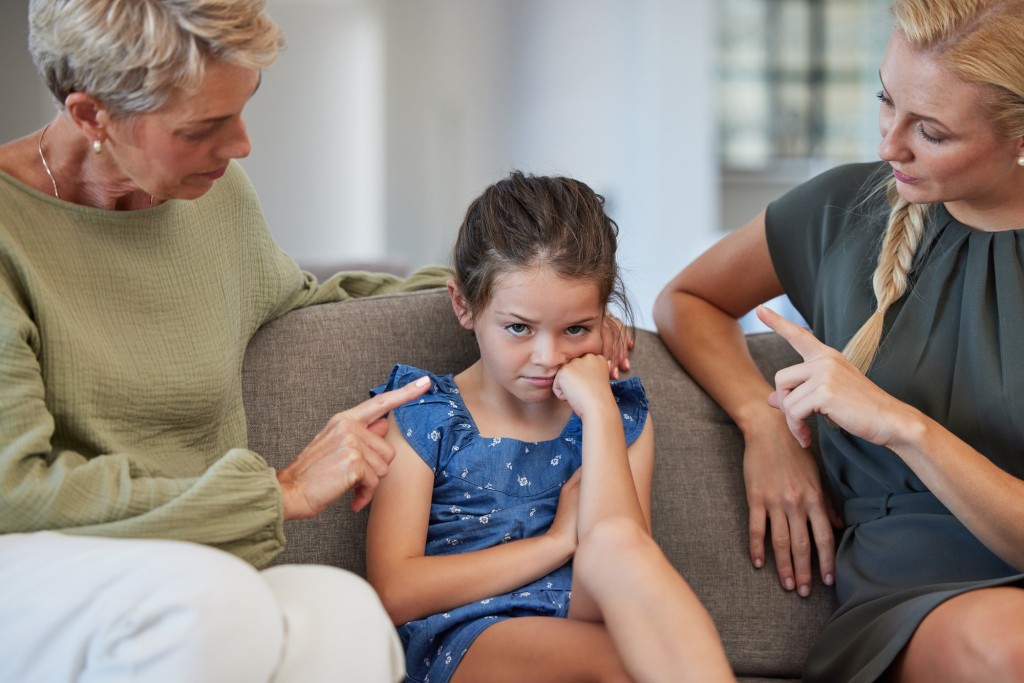
Behavioral problems can be a significant challenge for individuals, families, and caregivers. These problems can range from mild to severe and may include aggression, agitation, wandering, and other disruptive behaviors. While medication is often used to manage these symptoms, non-pharmacological interventions are also effective in reducing behavioral problems.
Non-pharmacological interventions refer to treatments that do not involve medication. These interventions may include behavioral therapy, environmental modifications, sensory stimulation, and social engagement. The goal of these interventions is to address the underlying causes of the behavior problem and improve the individual’s quality of life.
Behavioral therapy is a common non-pharmacological intervention used for managing behavioral problems. This approach involves identifying the triggers that lead to problematic behaviors and developing strategies to prevent or reduce them. For example, if an individual becomes agitated when they are in a noisy environment, a therapist may suggest using noise-cancelling headphones or finding a quieter space for them to relax.
Environmental modifications are another non-pharmacological intervention that can be effective in reducing behavioral problems. This approach involves changing the physical environment to make it more comfortable and less stressful for the individual. For example, if an individual with dementia becomes disoriented at night and wanders around their home looking for familiar objects or people, caregivers may install night lights or place familiar objects in their bedroom.
Sensory stimulation is another non-pharmacological intervention that can be helpful for individuals with behavioral problems. This approach involves providing sensory input through touch, sound, sight or smell to help calm or stimulate an individual’s senses. For example, playing soothing music or using aromatherapy oils can help reduce anxiety in individuals with dementia.
Social engagement is also an important non-pharmacological intervention for managing behavioral problems. Social isolation can lead to depression and anxiety which may exacerbate existing behavior issues. Engaging individuals in social activities such as group outings or games can help improve their mood and reduce problematic behaviors.
In conclusion, non-pharmacological interventions are an effective way to manage behavioral problems in individuals. These interventions can be used alone or in combination with medication to improve the quality of life for individuals and their caregivers. Behavioral therapy, environmental modifications, sensory stimulation, and social engagement are all effective non-pharmacological interventions that can help reduce problematic behaviors. It is important for caregivers and healthcare professionals to work together to identify the best approach for each individual and monitor their progress over time.
